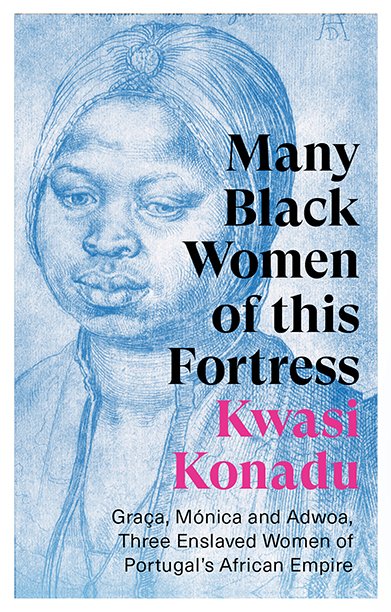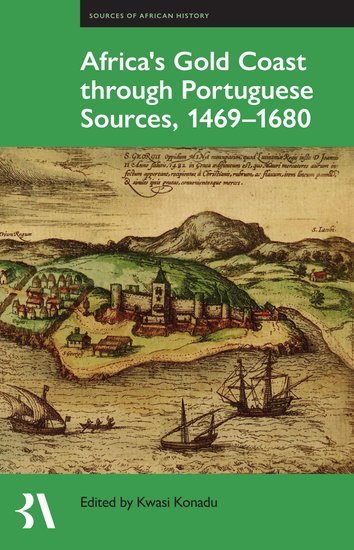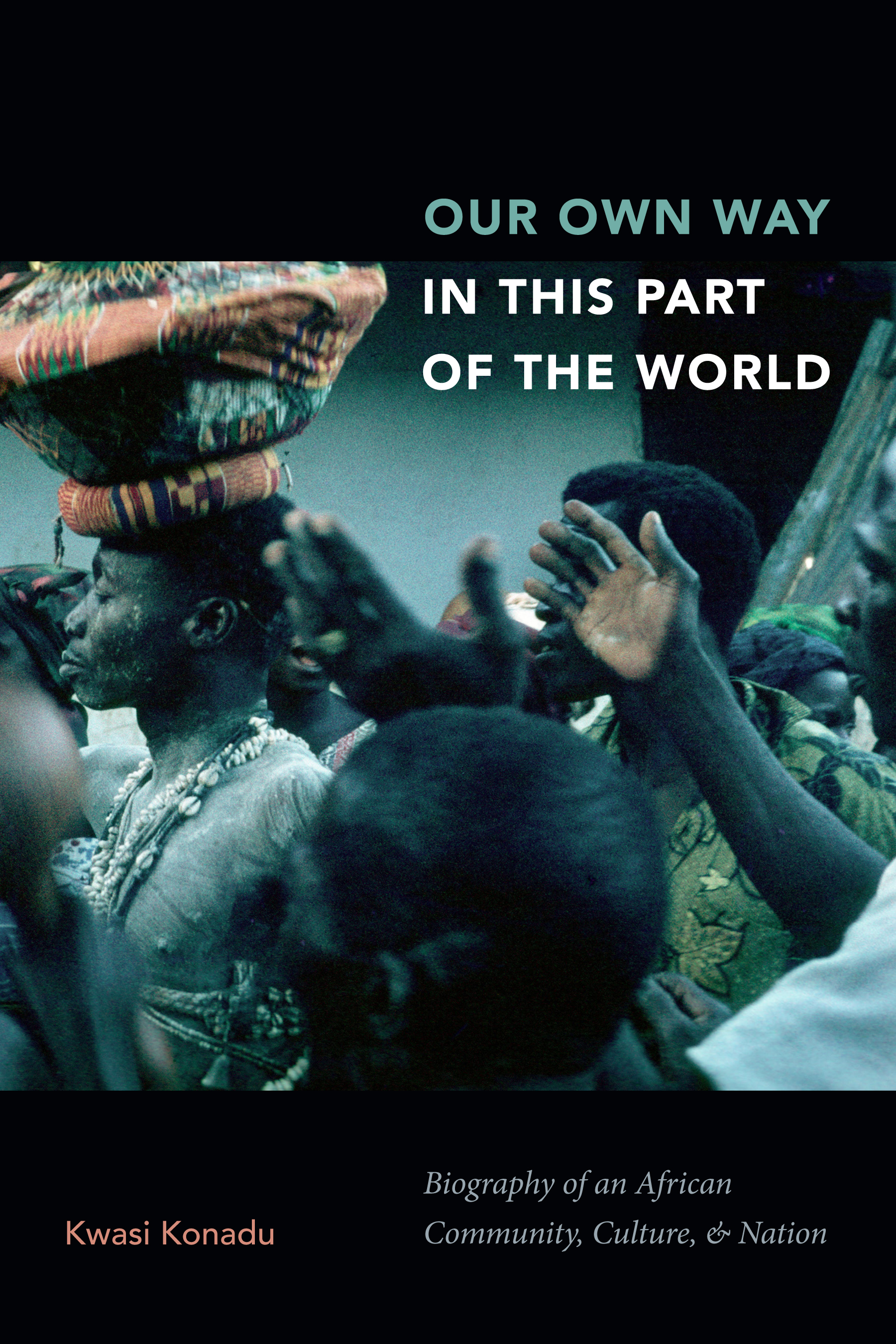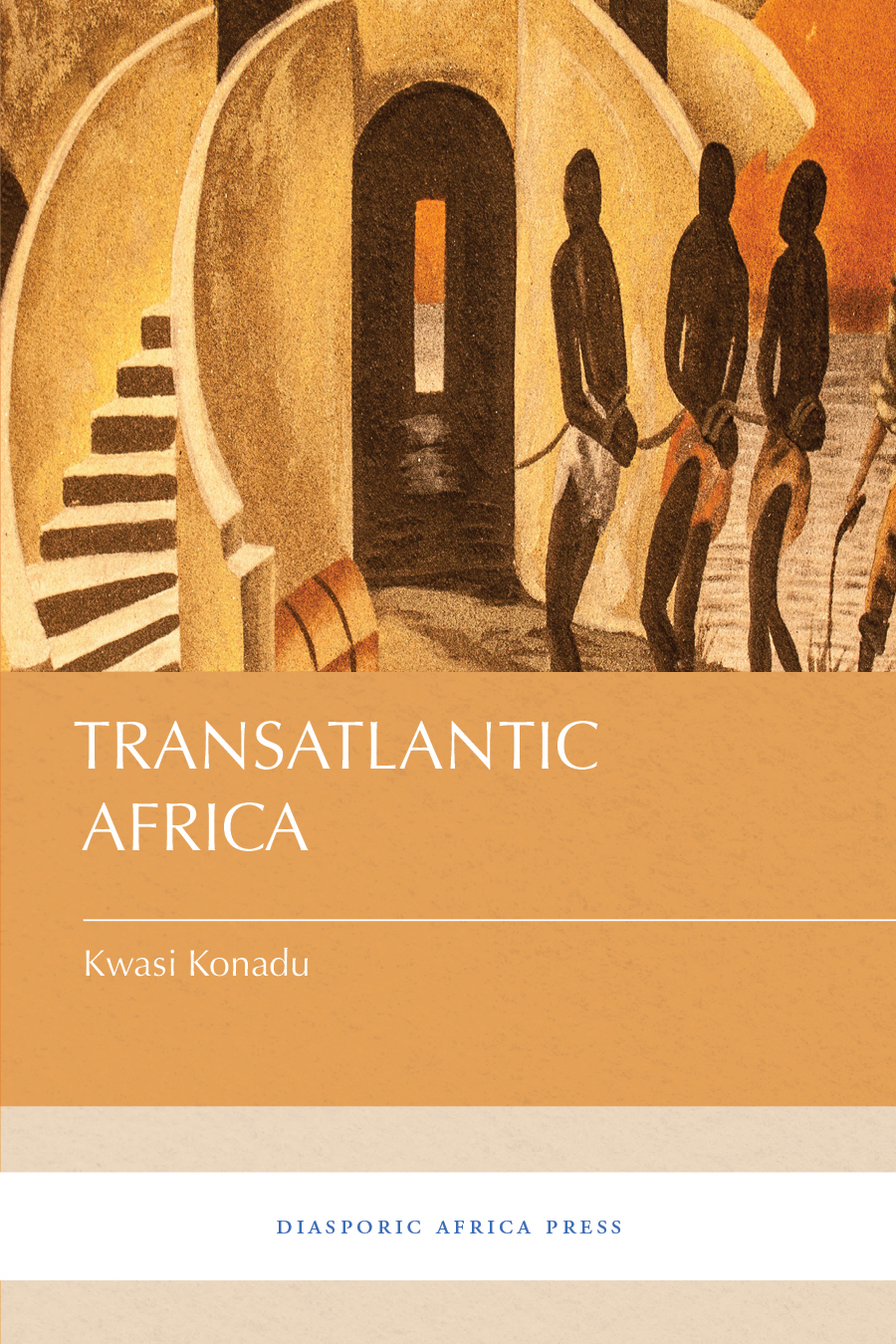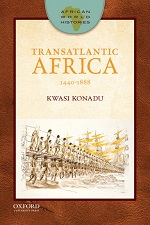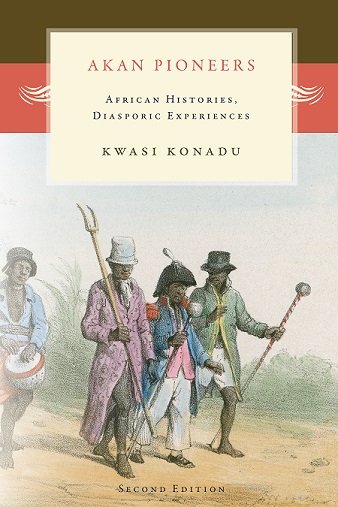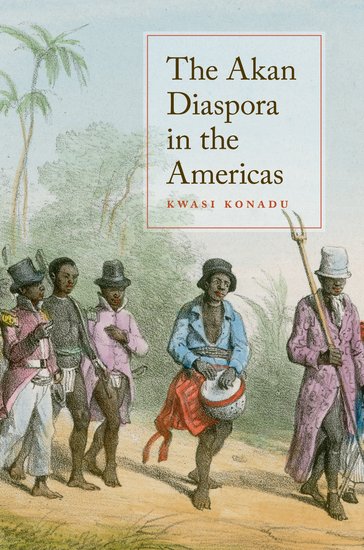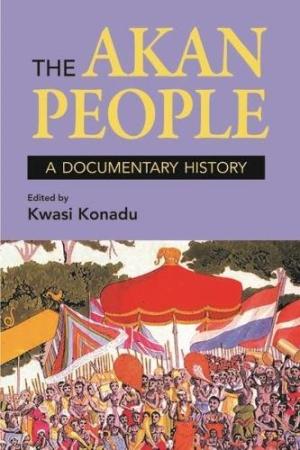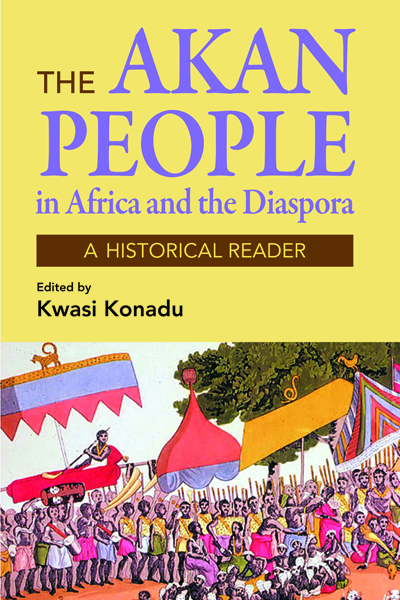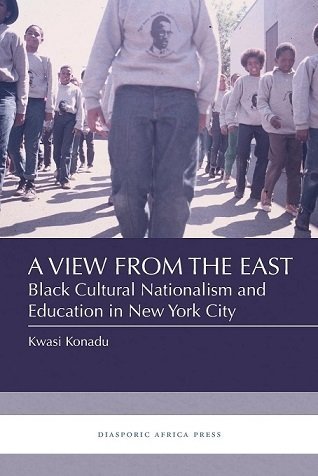Many Black Women of this Fortress: Graça, Mónica and Adwoa, Three Enslaved Women of Portugal’s African Empire
This book presents rare evidence about the lives of three African women in the sixteenth century—the very period from which we can trace the origins of global empires, slavery, capitalism, modern religious dogma and anti-Black violence. These features of today’s world took shape as Portugal built a global empire on African gold and bodies. Forced labour was essential to the world economy of the Atlantic basin, and afflicted many African women and girls who were enslaved and manumitted, baptized and unconvinced. While some women liaised with European and mixed-race men along the West African coast, others, ordinary yet bold, pushed back against new forms of captivity, racial capitalism, religious orthodoxy and sexual violence, as if they were already self-governing. Many Black Women of this Fortress lays bare the insurgent ideas and actions of Graça, Mónica and Adwoa, charting how they advocated for themselves and exercised spiritual and female power. Theirs is a collective story, written from obscurity; from the forgotten and overlooked colonial records. By drawing attention to their lives, we dare to grasp the complexities of modernity’s gestation.
‘‘This remarkable book recovers from the Portuguese archives the life histories of three women who lived in the fifteenth and sixteenth centuries in present-day Ghana. Konadu, an outstanding historian of his generation, presents a lucid, riveting and transformative portrait of gender and politics in the face of the violence of European empires at the dawn of modernity.’’ — Toby Green, Professor of Precolonial and Lusophone African History and Culture, King’s College London
‘‘A fascinating picture of the entangled early modern world. Using the rich archival material found in inquisition records, this book provides an important new window onto the daily lives of three Black women in sixteenth-century coastal West Africa, and in Europe.’’ — Bronwen Everill, Lecturer in History, University of Cambridge
‘‘A refreshing, remarkable excavation of the kind of life stories typically lost to history. Methodologically creative and bold in reach, this is a book that forces us to rethink both what we know and what we are able to know.’’ — Paddy Docherty, author of Blood and Bronze
Africa's Gold Coast Through Portuguese Sources, 1469-1680
The Portuguese produced the earliest records for regions in West Africa, none more important than the Gold Coast. This edited volume provides a unique collection of sources written in Portuguese, Latin, Italian, French, and Spanish for Africa’s Gold Coast, from the late 15th to 17th century. Students, scholars, and professionals with an avid interest in early modern African, Atlantic, and world history will benefit from the English translations, many appearing for the first time. These sources add to the handful of existing translations, but especially illuminate the late 15th to 17th century relations between the Portuguese empire and the Gold Coast and offer comparative materials for other European interlocutors—Spanish, French, English, and Dutch—garrisoned on the coast or offshore in their vessels. Over that concentrated period, and especially where no other European-supplied records exist, these uncomprehending Portuguese outsiders archived important local ideas, personalities, polities, and cultural forms animating Gold Coast-Portuguese relations.
Our Own Way in This Part of the World: Biography of an African Community, Culture, and Nation
Kofi Dɔnkɔ (1913–1995) was a blacksmith and farmer, as well as an important healer, intellectual, spiritual leader, settler of disputes, and custodian of shared values for his Ghanaian community. In Our Own Way in This Part of the World Kwasi Konadu centers Dɔnkɔ’s life story and experiences in a communography of Dɔnkɔ’s community and nation from the late nineteenth century through the end of the twentieth, which were shaped by historical forces from colonial Ghana’s cocoa boom to decolonization and political and religious parochialism. Although Dɔnkɔ touched the lives of thousands of citizens and patients, neither he nor they appear in national or international archives covering the region. Yet, his memory persists in his intellectual and healing legacy and the story of his community offers a non-national, decolonized example of social organization structured around spiritual forces that serves as a powerful reminder of the importance for scholars to take their cues from the lived experiences and ideas of the people they study.
Winner of the 2020 Sterling Stuckey Book Prize, Association for the Study of the Worldwide African Diaspora
‘‘[A]lthough virtually unknown, and not writ large in the archives at notable places, Kofi Dɔnkɔ (1913–1995), a blacksmith, indigenous spiritual leader, and healer, becomes the prism through which local, regional, national, African, and global history are expatiated for greater clarity.... Our Own Way in This Part of the World is generally well written, especially considering its unique style and structure. The level of creativity in the discussion of the complex process of social change is quite immense.’’ — Journal of Global South Studies
‘‘Konadu refers to his work as a 'communography' and offers a portrait of the community of which Kofi Dɔnkɔ was a hub. This approach creates a deeply grounded history... [in which] he tries to present the world as Dɔnkɔ might have seen it, offering a refreshing perspective. This innovative study is recommended for advanced undergraduates and graduate students.’’ — Gregory Mann, Choice
“The book offers a compelling history of people and their community in twentieth century Ghana. Konadu has gathered an impressive archive, based on which he succeeds to capture societal changes and dynamics in their lived refractions and complexities…. Konadu makes an important contribution to an everyday and social history of twentieth century Ghana.” — African Studies Quarterly
“Kwasi Konadu has written an important book for understanding social change at the local level in Ghana. His emphasis on spirituality, healing, and education among the Bono people is a model for people-centered histories of African societies.” — Benjamin Talton, author of Politics of Social Change in Ghana: The Konkomba Struggle for Political Equality
“Kwasi Konadu grounds the transformations in West African societies in ways that allow Kofi Dɔnkɔ to serve as a counterpoint to mainstream representations that take the perspective of Christianized, modernizing individuals on the coast. Dɔnkɔ was an everyday person in some ways, and exceptional in others, making his life a productive window through which to understand culture, experience, and worldview. This is an innovative and outstanding book.” — Trevor R. Getz, author of A Primer for Teaching African History: Ten Design Principles
The Ghana Reader
Covering 500 years of Ghana's history, The Ghana Reader provides a multitude of historical, political, and cultural perspectives on this iconic African nation. Readers will encounter selections written by everyone from farmers, traders, and the clergy to intellectuals, politicians, musicians, and foreign travelers. With sources including historical documents, poems, treaties, articles, and fiction, The Ghana Reader conveys the multiple and intersecting histories of Ghana's development as a nation, its key contribution to the formation of the African diaspora, and its increasingly important role in the economy and politics of the twenty-first century.
‘‘Highly recommended. All levels/libraries.’’ — Choice
‘‘The Ghana Reader is a treasure trove of information.’’ — Journal of Global South Studies
‘‘[A] wonderful introduction to Ghana and its people.’’ — Foreign Affairs
‘‘a versatile and accessible teaching tool.’’ — African Studies Review
‘‘The book appeals to a broad range of disciplines across the humanities and social sciences and is exemplary of the kind of text that can foster transdisciplinary teaching and scholarship.’’ — African and Black Diaspora
‘‘[The Ghana Reader] thoroughly succeeds in providing varied and contrasting illuminations of... Ghana.’’ — African Studies Quarterly
‘‘The Ghana Reader does full and eloquent justice to Ghana’s rowdy and cacophonous history.’’ — Charles Piot, Duke University
‘‘An important and timely book.’’ — Jesse Shipley, Dartmouth College
Transatlantic Africa
Transatlantic Africa examines the internal workings of African societies in the transatlantic era, and strongly emphasizes the global context and the multiplicity of African experiences during that period, while interpreting the process of transatlantic slaving and its consequences through largely African and diasporic primary sources. Based on careful reading of Africans' oral histories and traditions, written documents, and visual evidence, the book focuses not only on the mechanics or operation of the Atlantic slaving system, but also on the beliefs, ideas, and worldview of the Africans who experienced it. By integrating African views with critical interpretations, Transatlantic Africa balances intellectual rigor with broad accessibility, helping students to think about the Atlantic slave trade from a new perspective.
‘‘This is an important work. [I]t is an ideal text for courses on world history, the Atlantic World, or slavery in Africa.’’ — Hilary Jones, Florida International University
‘‘This volume will be of benefit to scholars as well as students interested in understanding the influence of the African diaspora in world history.’’ — Ibrahim Hamza, Virginia Commonwealth University
‘‘Transatlantic Africa is a welcome, and in many ways, novel addition to the significant literature on slavery in the Atlantic World.... It deserves a place on both graduate and undergraduate syllabi dealing with African, Atlantic, and World History.’’ — Journal of African History
Akan Pioneers: African Histories, Diasporic Experiences
[Originally published as The Akan Diaspora in the Americas.] Using diverse and new sources (archaeological, biomedical, climatological, linguistic, ethno-musical, oral historical, and documentary sources in Portuguese, German, Danish, French, and English), this book examines the Akan experience in West Africa and in the English, Danish, and Dutch colonies of the Americas. It demonstrates how this cultural group of West Africa engaged in yet went beyond the diasporic themes of maroonage, resistance, and freedom. Locating the Akan variable in the African diasporic equation allows scholars and students of the Americas to better understand how the diasporic quilt came to be and is still evolving.
‘‘[A] path-breaking contribution to the study of African diasporas in the Americas... [with] interdisciplinary breadth, methodological rigor, bold and imaginative concepts, and historical depth.’’ — New West Indian Guide
‘‘[A] meaningful contribution to the dialogue about the nature of African culture and its transfer and transformation in the Americas.’’ — John Thornton, Boston University
‘‘[A] significant contribution to studies of the African diaspora in the New World.... This is an engaging and illuminating study.’’ — James Miller, George Washington University
‘‘[The book] demonstrates that an Atlantic history that does not give equal weight to both sides of the ocean cannot have much credibility.” — Slavery & Abolition
“There is much to appreciate in this impressively researched text.” — Journal of African History

